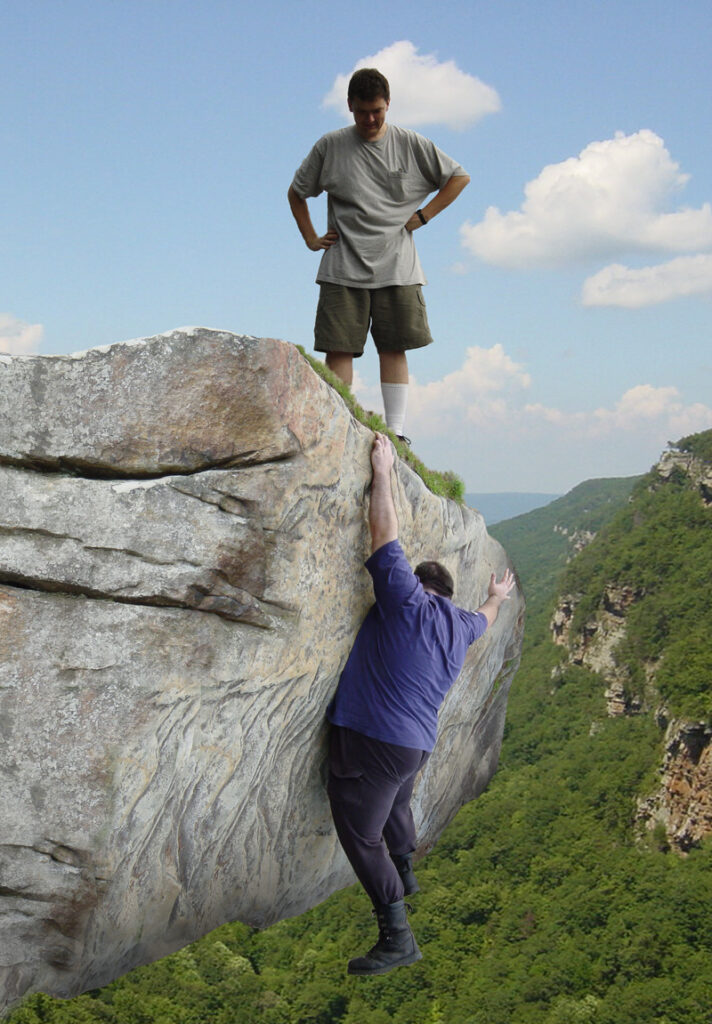
- Brief Introduction
- Beginning of Class Writing Assignment
- Click on the heading of this blog post title above–“Week 3,” scroll down to the comment area, and write at least 250 words in response to this week’s readings. You can summarize the readings, you can relate the readings to your own experience or something else you have read or learned about, etc. Any writing of 250 words or more that are related to the readings are fair game for this weekly assignment at the beginning of class.
- Post your comment after 15 minutes even if you don’t reach the 250 word minimum threshold.
- Why we are doing this: It helps you organize your thoughts before discussion and it gives you regular writing practice.
- Discuss the readings assigned for Week 3.
- Discuss internships
- Where is everyone at? (Amy: Abby?) (Kahini: charity?) (Sergio:?) (Maria:?)
- Write It Forward
- I would like everyone to apply for IPG Health’s Write It Forward Internship Program. We will discuss it during class this week and we’ll spend some class time next week to completing the application. You can apply for this using your resume or LinkedIn Profile (see Prof. Ellis’ LinkedIn Profile as a model).
- Weekly Log
- Remember to add an entry to your logbook for each week until the end of the semester and keep all of your logs in a single file (Google Doc, Word docx, OpenOffice odf, etc.). Include the first date of a given week for each entry at the top of the page. Write at least 250 words about your current or past experience as appropriate. For example, if you are currently in an internship, your logs should record your experiences, thoughts, challenges, solutions, etc. that you find significant each week. Or, if you have completed your internship, your logs can be about experiences, projects, interactions with people in the workplace, challenges, solutions, etc. based on your past experience. And, if you are continuing in a new internship for additional experience, you can write about that, too. The point is to write at least 250 words per entry with one entry per week about your experience in the internship.
- Why we are doing this: It helps you articulate your work experience so that you may better reflect on, consider, remember, and act on those experiences as you transition into the workplace. Additionally, it gives you extra writing practice, which research shows will automatically improve your writing ability.
- Review readings and homework for next week.




Out of all three readings done for this week, I will like to focus on two different sections in the article, “My Career and the “Rhetoric of” Technical Writing and Communication” by Mary Lay Schuster. Schuster is a professor in the Department of Writing Studies and faculty fellow in the Law School at University of Minnesota. Towards the begining of the article on page 382, Schuster writes about how “booming” the field of technical writing and communication was. The reason this caught my attention was because of the state I feel that field is in now. There is a potential 5.5% employment growth between 2021-2031 reported by the USNews. A technical writer can find an entry-level job but you must be equipped with a solid foundation of research skill and writing skill. I connect this initial statement with what was said on page 385, towards the end of the section on pedagogical focuses. Schuster brings up the idea initially stated by Jack Bushnell in a 1999 article about being cautious on how we teach students in an internship. He brings up the idea of a corporate paradigm being the reason many students turn into efficient “doers” rather than “savvy, questioning thinkers”. How can we become strong technical writers and sharpen our skills, if we are just given orders, rather than be pushed to be as creative as we can be in the task we are given.
3.The article on the authors journey through technical writing was informative. She discussed the broadening of the field, she moved her career in the direction of activism
The first text discussed how Schuster began their technical writing and communication in 1968. In the 1970s there was a more narrow focus on the field and studying the model. Many learned how to teach technical writing from textbooks, in particular she used Ron Blicq’s Technically-Write! In the 1980s, the focus was now on “audience analysis” such as demographic features such as gender. She became the first female chair in the history of Clarkson University but the environment challenged her. In 1988 she became the president of ATTW and there was more diversity at this time. Then came the 1990s, a time where she became the co editor of TCQ until 2003. Now, it is the time of Activism and the “Rhetoric of” in Scholarship. There was an interest to collaborate with scholars. Instead of individualized, sole creative thinking it’s been replaced with social construction of knowledge. For the future, it welcomes scholarly perspectives. The concern is the broadening of the technical writing and communications programs, especially the graduate programs because it is easy to slip away from the focus on technical and scientific communication based on rhetorical theory into the competitive market of rhetoric and composition.
The first New York Times article, “The risk is all yours in Office Email” states that in the U.S many companies monitor emails. Some monitor only attachment or every email to control what the employees send and make sure they stay on track. It can show how the employees communicate with customers and monitoring decreases the possibility of misuse. David Ries, a partner at a Law firm stated, “The messenger doesn’t matter; it’s all about the message.” I like the incorporation of this sentence because it is a very simplified way of saying that the content matters so be careful of what you send.
The second New York Times article, “The Workplace: Finding Your Way in a New Job” provides a guide on how to adapt and overcome situations in a new workplace. I feel as though this could also serve as a refresher for some as well. I do the first point, discuss, and come informed about what I am walking into whether it’s class, volunteer jobs, or events. While reading this article, the second point reminded me of a TED talk I heard previously, there is a difference between hearing and listening. To listen, you have to be attentive and actively willing to take in/absorb what is being said sort of like a sponge. Office grumblers tend to test the waters and spread negativity through complaining yet they do so in a friendly manner.
I believe social interactions and being somewhere unfamiliar can create awkward situations. To help break the barrier/ act as a buffer the article mentions that if you go in as a co-worker, introduce yourself and if you are the manager take your team out for a breakfast or lunch as soon as you can! One of the key takeaways is to build relationships. As Professor Ellis, discussed earlier on, the article repeats a very important aspect which is being ready at all times. One way to do so is by carrying a notebook that is easily accessible so you don’t have to ask for anyone to repeat the same information. Other methods include, being early for work, dressing above the norm, coming out from behind the desk and greeting the person with a firm handshake while making eye contact. I do the same, by coming to class early, jotting down important topics from the readings to be prepared for class, greeting the professor (who also does the same) and taking notes on the important concepts discussed in class.
The writer of My Career and the “Rhetoric of” Technical Writing and Communication has seen technical writing develop. At first technical writing was pedagogical but now it is more than just teaching. There was an expansion. The article ended with the future and celebrating diversity and guarding our identity. Mary Lay Schuster, the name of the writer, talks about the beginning of her technical writing career which began in 1968 when she worked at the Institute of Electrical and Electronics Engineers (IEEE). The 1970s began the boom in technical writing and communication. In late 1970, she joined John Wiley and Sons as a Supervising Technical Copyeditor when she decided to concentrate on the editing aspect of Technical Writing. She wasn’t satisfied with the job and was restless so she went to the University of New Mexico to study American Literature. She ended up teaching technical writing. I thought her career and her experience of the technical writing field expanding was interesting. She was part of history since she was there when the field went through some history.
I am still trying to improve my email etiquette and I think I haven’t mastered it yet. I think you should do your work and not use personal email during work hours. You should always use your professional email as if you are being watched which you probably might be. Don’t risk your job and be professional and productive.
I think the advice offered for finding your way in a new job was useful. You should find out everything you can about your workplace including the other employees. You should observe and write down stuff you should remember since you won’t want to ask again. Be interested and a good listener. Take an interest in others and network. Spend some quality time with other workers. Help your fellow employees whenever you think they need help. Talk with your boss especially at the beginning. Make sure you know what is expected of you.